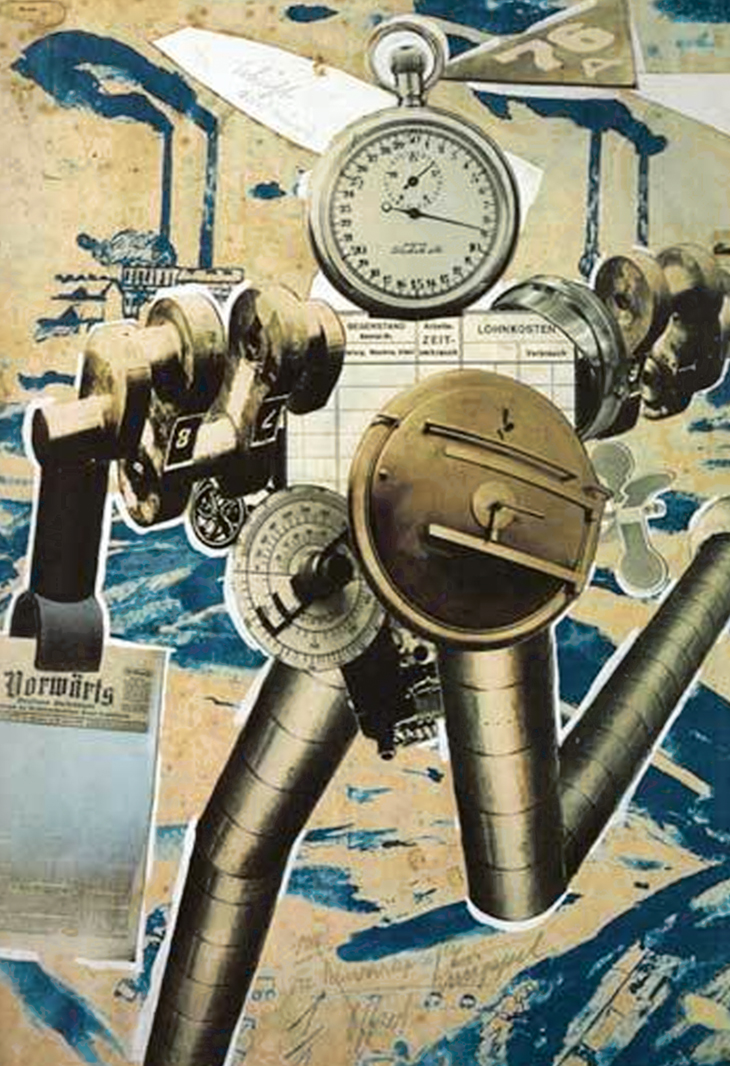
- This event has passed.
Capital, Volume 3
Sat, January 18, 2020 @ 11:00 AM - 2:00 PM
$95 – $125
First 12 sessions
Let’s make the Anthropocene stage of the earth’s evolution, the turning point of world history. After all, paraphrasing Marx, since we are the species that can know ourselves as a product of natural history, we are responsible to all of nature. We have the power within us to make the Anthropocene not the capitalist endgame but the naturalization of our species and the humanization of nature. Capital, a Critique of Political Economy, can help effectively situate ourselves to face the challenges before all of humanity and nature, and begin the process of reclaiming and putting into effect our human capacities for the betterment and advancement of each and all.
The study of Volume III is essential to understanding the complex dynamics at work in the present realities we are facing and how these realities are the necessary results of the inner logic of capital. In this moribund stage of late capitalist/imperialist development we see the rise of rentier and finance capital—the introduction of financial instruments being used to make money make more money, jumping over and above the actual real wealth produced by trading on future wealth (derivatives and other forms of fictitious capital); overriding supply and demand as a price mechanism in such necessities as foodstuffs so that their prices continuously rise resulting in more poverty and starvation on a world scale and here in the US; turning new technologies into means of collecting rents—the internet, mobile devices; expropriation of taxes paid by the working class to developers who are often tax exempt while our city and state governments give them tracts of our physical space; commodification of debt; privatization of public spaces, properties and institutions; foreclosures; and the list goes on.
Capital, Volume III, The Process of Capitalist Production as a Whole, completes Marx’s task of moving from the imaginary concrete—the researcher and scientist analyzing the appearances we see in everyday life such as in the Grundrisse, to the abstract concrete. The results of the analytic study of the phenomenon that has revealed the social/natural content of that phenomenon (Volumes I and II), to the real concrete—how this content is expressed in everyday life through the mechanisms by which the actors determine their actions and appropriate wealth (Volume III).
With the conceptual integration of production and circulation (Volumes I and II) from the standpoint of the process of capitalist production as a whole, Marx returns to the starting point of the research categories, the imaginary concrete, concepts seen as empirical givens as facts in themselves— profits, interests, rents, rate of profit, prices. These sensuously perceived givens (the way the world directly appears to us) are the starting point of the research analysis, not the science. But now, after the analysis, these interrelated aspects of what appear on the surface of society are no longer imaginary but real, understood as interrelated dynamics and mechanisms in everyday life by which the actors reproduce the social relations and physical conditions of capitalist society. Volume III integrates and completes the analysis of the process of capitalist production as a whole, enabling us to understand and make sense of how each of the appearances and processes we see occurring on the surface of society are related to the whole. When we do so all the laws of motion previously revealed in the first two volumes take on new dimensions. Internal dynamics and contradictions burst out and situate humanity withina historical process that calls us to figure out how to go beyond capital and develop the conditions that insure that the development of each is the precondition for the development of all.
The CAPITAL STUDIES GROUP has been meeting on Saturdays for more than nearly three years. We are a group of workers, students, activists and teachers who have dedicated themselves to a chronological reading of all three volumes of Marx’s Capital. Newcomers are encouraged to join when your schedule permits.
